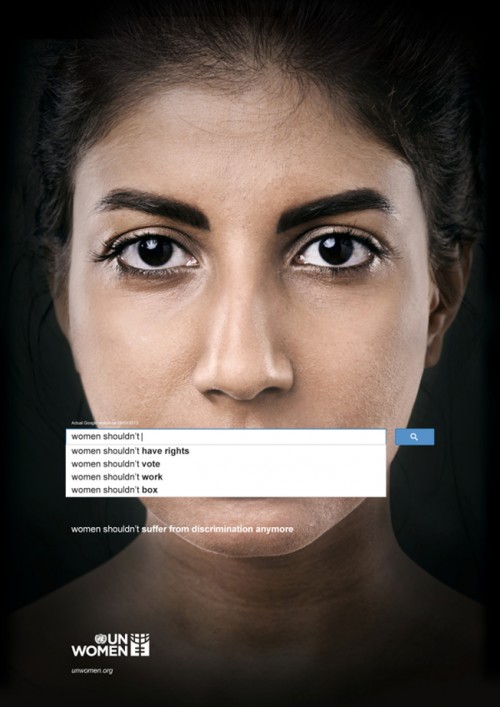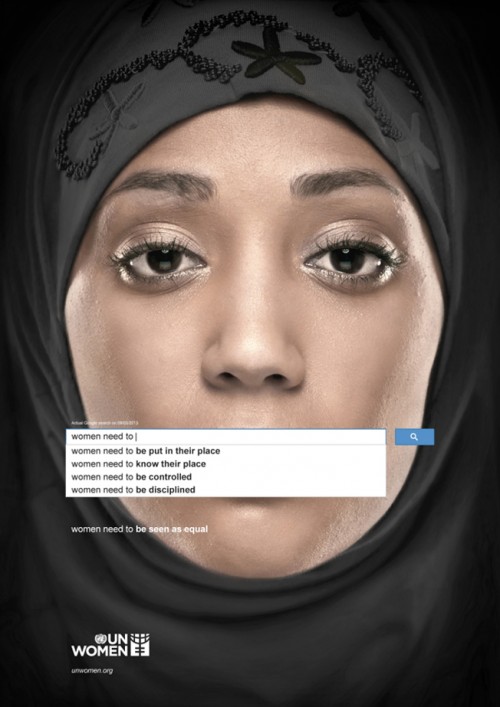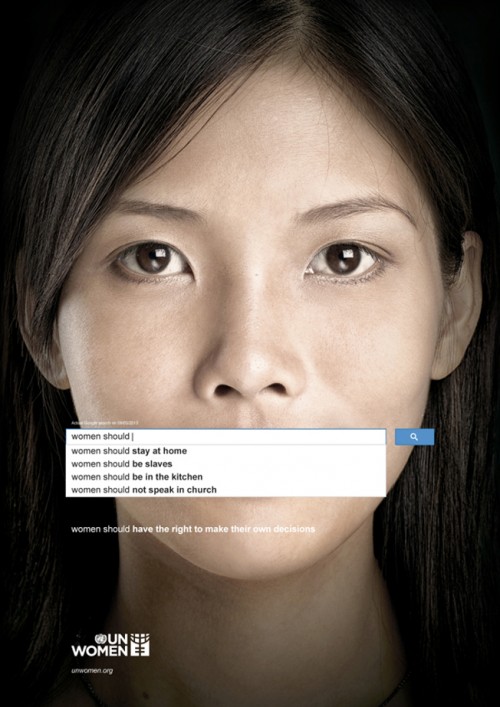 It’s that time of year again! We are about to embark on ten straight days of Sociological Halloween Images. In the meantime, enjoy our collection of Halloween posts from years past or visit our Halloween-themed Pinterest page.
It’s that time of year again! We are about to embark on ten straight days of Sociological Halloween Images. In the meantime, enjoy our collection of Halloween posts from years past or visit our Halloween-themed Pinterest page.
Just For Fun
- A Hallowmeme costume: Women laughing with salad
- Fun and fear: The great equalizer
- Mocking the sexy Halloween costume trend
Halloween, Politics, and Culture
- Poisoned Halloween candy and the social construction of social problems
- Legal firm’s Halloween party mocks home foreclosures
- Lynching Palin
- Obama mask marketed as a “terrorist” costume
- Marking sex offenders
- Capitalism, candy, and Halloween (pictured)
Race and Ethnicity
- Anne Skank: Trivializing and sexualizing the Holocaust for Halloween
- Othering of undocumented immigrants with an “alien” costume
- A collection of racist Halloween costumes
- Asian hair for Halloween
- Appropriating Dia De Los Muertos at Halloween
- Raising consciousness about racist Halloween costumes
- “Indian” and “Ninja” as official costume categories
Gender
- Men dressing up as fat women, apparently hilarious and disgusting!
- Gender and asymmetry: “beer man” and “beer girl” and “policeman” and “police girl”
- Halloween and the trivializing of women in men’s occupations
- Women dressing up like girls dressing up like women
- Even our skeletons have sex
- A Halloween gender binary
- When sexy overtakes all reason: sexy what!? (2012), sexy what!? (2010)
- Also in sexy costumes for women and girls: sexy femininity and gender inequality, sexy scholar, Harem girl, and the sexy body bag costume
- Compare to this vintage Halloween-inspired ad that urges women to be bewitching instead of half-naked
Gender and Kids
- Girls: mean or queen
- The difference between boy and girl costumes
- Gender and kids costumes
- Dress up your little girl in a “little black dress”
- Comparing boy and girl “toddler” Cookie Monster costumes
The intersection of Race, Class, and Gender
- Halloween hall of shame: the fat lap dancer costume
- Sexy “Indian” costumes
- An overview of raced, gendered, and heteronormative costumes
And, for no conceivable reason…
- Max Weber Jack o’Lantern (I carved it myself)























